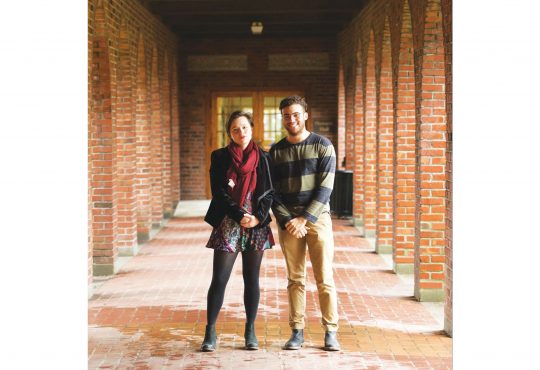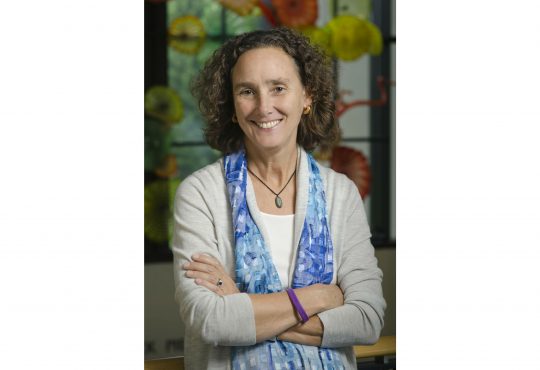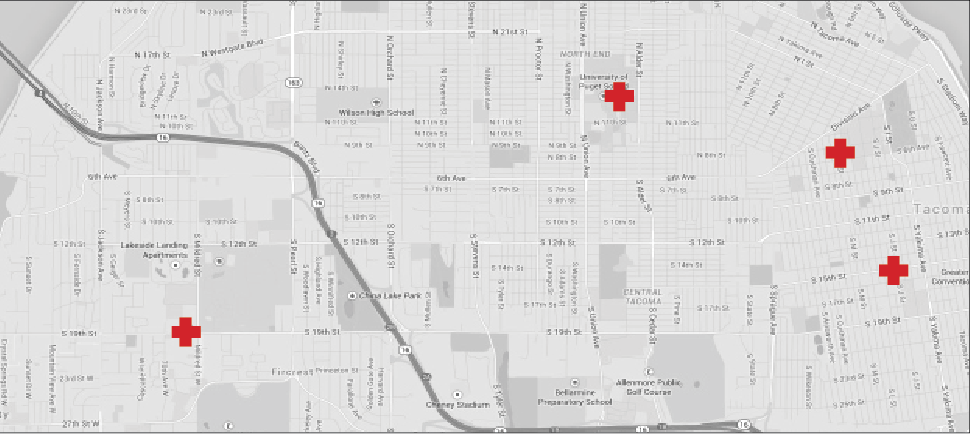Sarah Stillman, senior, is starting a chapter of the International Justice Mission (IJM) at the University called Loggers against Slavery and Trafficking. The IJM is a non-profit organization based out of Washington D.C. that provides legal and political advocacy to survivors of violent oppression in different countries around the world. The Puget Sound Chapter will join a larger campus movement of chapters from around the world that are helping to raise awareness of slavery and human trafficking.
Stillman is a strong advocate for sex trafficking awareness.
“(There) is a lack of public awareness and political will,” Stillman said. “I believe that college students are particularly crucial to this fight as they generally have the energy and willingness to get behind important movements and build momentum that will lead to change.”
Sex trafficking is not only a problem in the world and U.S., but in Tacoma as well.
“Washington may have the most anti-trafficking legislation on its books in the entire U.S., but Seattle is also the number three city in the U.S. for child prostitution and sexual exploitation of minors for profit. Right here in Tacoma, sex trafficking rings have been brought down that operate through hotels and local suburbs,” Stillman said.
Although sex trafficking is a problem in this area, Stillman said that she wants the group’s efforts to mainly be focused on spreading awareness about the issues at hand rather than directly confronting them.
“I think the Chapter needs to focus on generating awareness and momentum right here at Puget Sound,” Stillman said. “The big picture of fighting trafficking should always be our focus, but efforts and resources have to be concentrated where they can be most effective.”
Stillman hopes to raise awareness about other forms of slavery besides sex trafficking and wants the chapter to focus on slavery occurring all over the world.
“You would be amazed at the number of people I have met over the last seven years as an abolitionist that have no idea that slavery still exists in the world. Others know that it does exist, but don’t believe it’s a possible reality for the 17,500 people trafficked into the US every year,” Stillman said.
The group, which began meetings on Sept. 30, plans to meet monthly. They will watch documentaries and have Q&A sessions, hold awareness events and also do volunteer work and political activism. The club is also looking at the possibility of getting several speakers to come to campus. Along with all of these activities,the chapter will be participating in IJM’s current campaign for a bill that is before Congress starting in November.
Stillman knows awareness is the key to change.
“We must be confronted with [sex trafficking’s] grim reality repeatedly and then make a choice to either accept a system of oppression or to fight it. But we must make that choice possible for people, which can only be made if they are first aware the issue exists,” Stillman said.
The IJM chapter is still discussing when and where meetings will be held.




